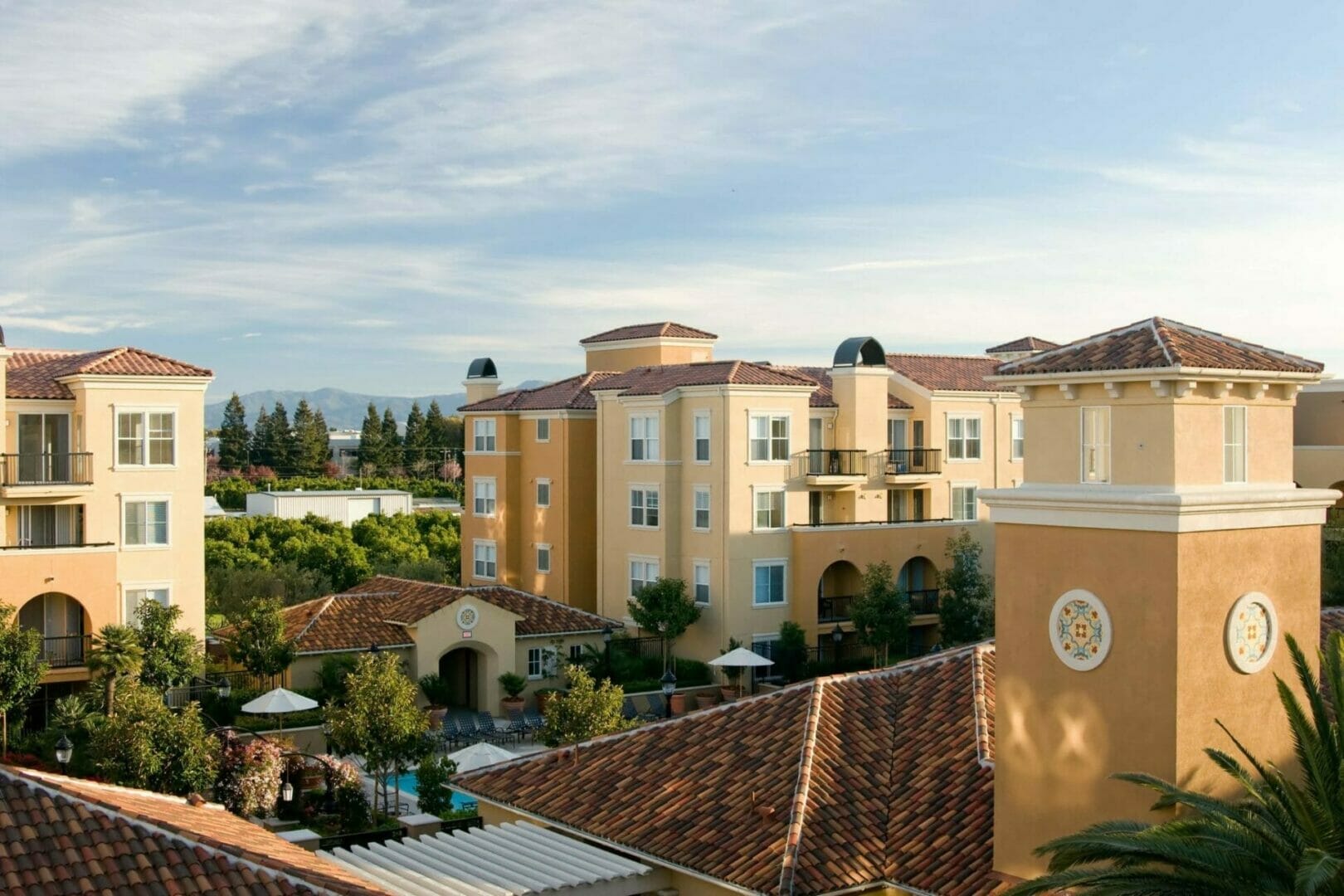Considering Purchasing a Condo or Townhouse?? Read This First!!

After the collapse of the Surfside Community in Florida, a lot of people are wondering what could have led to such a catastrophic event. While this is an extremely rare occurrence, time may eventually reveal some fundamental concerns for condo and townhouse communities. Could this tragedy have been prevented? Was it the result of deferred maintenance and a collective decision to turn a blind eye in order to keep Monthly HOA Dues low and/or avoid Special Assessments?
It is no secret that people want to keep their housing expenses as low as possible. For people living in communities where there are Home Owners Associations, this includes their Monthly HOA Dues. Unfortunately, this obsession with keeping Monthly HOA Dues as low as possible can easily lead to reserve fund deficits and cause the community to defer maintenance due to consequent lack of available funds.
Of course, the example in Florida is extreme and extremely rare, but there may be lessons to learn from this event that we can all apply to our own lives here in the Bay Area.
When purchasing a home, there are untold details you need to pay attention to. But, if you are purchasing a condo or townhouse you also need to consider the financial health of the community as a whole so that you don’t get stuck with unforeseen Special Assessments or unexpected increases in your Monthly Dues.
According to Robert Nordlund in this article published on NPR, when purchasing a property with an HOA, you need to do these 4 things:
- Look over the last year of board meeting notes noting items that have captured the attention of the Board
- Ask pointed questions of the seller.
- Have there been Special Assessments
- Have repair and maintenance items taken a long time to get fixed
- Have the Monthly Dues increased recently or do the Dues increase year over year
- Be curious. Look around the complex to see how well it appears to be maintained.
- Look closely to see what is disclosed in the reserve study to determine the physical and financial health of the community and the HOA.
In essence, when assessing the financial health of an HOA, you want to know the following:
- What maintenance items are currently needed but uncompleted (this can be a roof replacement, paint, repaving roads, landscaping, and other maintenance projects)
- What maintenance items does the HOA have planned for the future and what is the timeline for these maintenance items
- What is the projected cost of each maintenance item
- How much money does the Homeowners Association currently have in reserve to pay for these future expenses.
Once you know the projected future expenses and the amount the HOA has in reserve, you will know the “total percent funded” or, how much of the future expenses the HOA currently has onhand.
In our experience, for most HOA’s here in the Bay Area, the total amount funded typically reveals the HOA to be running at a deficit (and often a large deficit).
As Robert Nordlund points out in his interview with NPR, 3 out of 10 HOAs do not have any Special Assessments, 4 out of 10 have infrequent Special Assessments, and 3 out of 10 have regular Special Assessments. It is startling to realize that 3 out of 10 HOAs have frequent special assessments.
Accordingly, what we really want to know before you purchase a condo or townhouse is: how much is the deficit? Once you know the total deficit, you can divide it by the total number of units in the complex and break it down to an amount that each homeowner actually owes at that point in time.
For example, if the HOA has planned future maintenance of $1,000,000 but only has $500,000 in reserves, it is 50% funded. If there are 100 units in the building, the deficit breaks out to be $5,000 per unit (or “per door” as we say). If you are contemplating purchasing a condo in this community, you essentially “owe” a future sum of $5,000 upon closing. This amount could come due and payable in full at any point in time in the form of a Special Assessment or it could come due in the form of increased Monthly Dues. It just depends on how the HOAs Board of Directors decides to manage the deficit and the maintenance items.
If you are considering purchasing a condo or townhouse here in the Bay Area, we highly recommend having the community HOA docs (including the reserve study) professionally reviewed. To do this we suggest contacting our good friend Jacquie Berry at Community Association Data Source. Jacquie knows everything there is to know about HomeOwners’ Associations and her turnaround times are typically very good – especially if you get a referral from Brian and Dan!
With a complete professional review of the HOA docs and an expert like Jacquie available to answer questions, you should be able to make informed decisions and feel confident about purchasing your condo or townhouse.

We owned a condo in Florida before, and have since sold it, but I wonder if it would have had some similar problems…